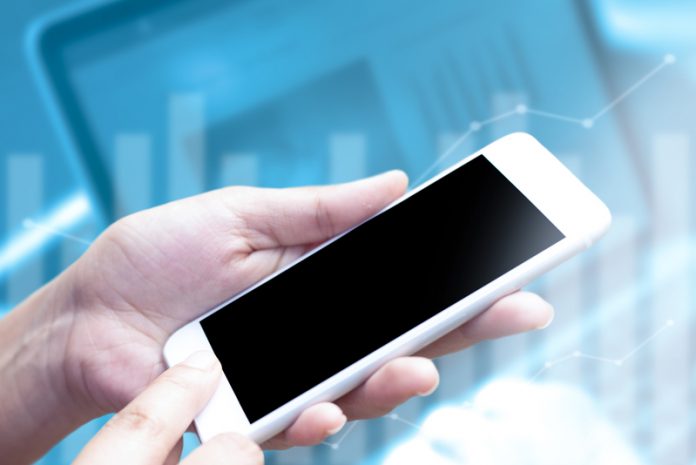Entrepreneurs will explore how to use mobile technology to help tackle humanitarian challenges around the world
DFID is joining forces with leading mobile technology trade body GSMA to launch Mobile for Humanitarian Innovation, a programme bringing the mobile industry and humanitarian community together to improve how we prepare and respond to emergency situations.
The GSMA have estimated that by 2025 there will be nine billion mobile connections globally, with 75% coming through on smartphones.
Five ways technology and innovation funded by UK aid are improving people’s lives around the world:
- Rural connectivity project in Tanzania – The GSMA and DFID have worked with local network operators and government to facilitate a rural roaming agreement in Africa. Due to this partnership, and the new towers that were built, 70,000 people in Tanzania now have access to mobile internet, bringing education, health and financial services to previously unconnected communities.
- 3D printing emergency supplies in Nepal – With support from DFID, Field Ready, a not-for-profit organisation which uses technology and design to transform the way humanitarian aid is delivered, is trialling 3D printing of life-saving and life-improving medical and other supplies in the field – such as umbilical cord clamps, wrist braces and water pipe components – so that vital equipment can be manufactured on demand, where and when it is needed.
- Mobile technology helping women access essential maternal healthcare – Healthy Pregnancy, Healthy Baby is a free text message service in Swahili for pregnant women, mothers with newborns up to 16 weeks old, as well as supporters of pregnant women and new mothers. Subscribers register for the text messaging service by indicating the woman’s current week or month of pregnancy, or the age of the newborn baby. The messages cover a broad range of topics from prevention of mother to child transmission of HIV/AIDS, family planning, malaria prevention and postpartum care.
- Mobile phones improving access to clean energy – Mobile-enabled solar technology is helping to keep families safe in Uganda. Many homes use kerosene for lighting, an unsafe and unhealthy way of using energy. UK aid has funded the development of a ready-pay power system which can be paid in installments using mobile phones. The system uses solar power to charge mobile phones and power lights, radio and TV. 95 per cent of those lacking energy in their homes are covered by mobile access which means this solution helps them to unlock energy on a daily, weekly or monthly basis.
- PayGo energy – Many households in Kenya cannot afford gas to cook because it comes in large, expensive canisters. So, PayGo has developed a meter that goes on top of a gas canister and, using mobile payment technology mPesa, users are supplied with a standard size canister and are able to buy small units of gas as and when they need it.











